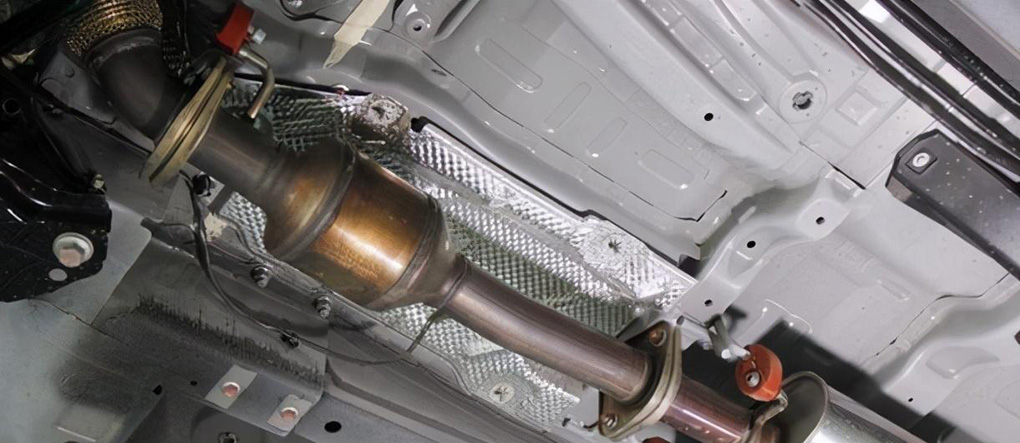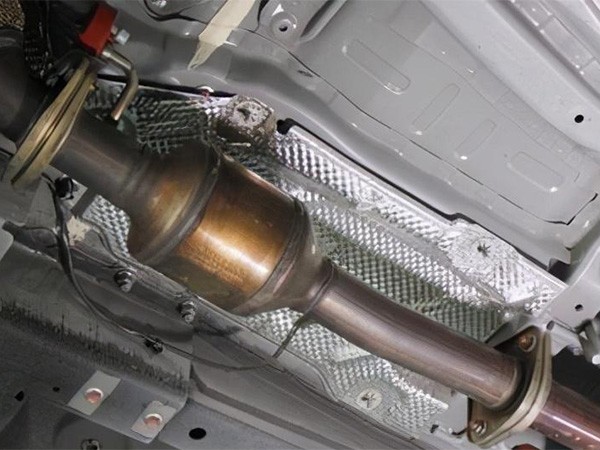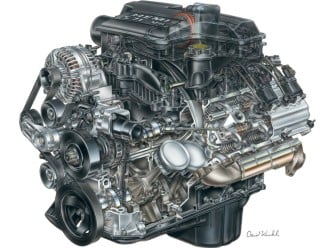The three-way catalytic converter is a crucial component in modern automobile exhaust systems. It plays a vital role in reducing harmful emissions and ensuring compliance with environmental regulations. However, over time, these catalytic converters can develop issues that affect their performance. In this article, we will explore the common signs and symptoms of a faulty three-way catalytic converter.

Check Engine Light:
One of the earliest indications of a malfunctioning catalytic converter is the illumination of the check engine light on your vehicle's dashboard. The onboard diagnostic (OBD) system detects irregularities in the emission control system and triggers the warning light. While the check engine light can indicate various problems, a failing catalytic converter is often one of the potential causes.
Reduced Engine Performance:
A faulty three-way catalytic converter can negatively impact your vehicle's overall performance. You may experience decreased acceleration, reduced power output, or difficulty reaching higher speeds. This occurs when the converter becomes clogged or fails to convert harmful pollutants effectively. If you notice a significant drop in your vehicle's performance for no apparent reason, it could be a sign of a defective catalytic converter.
Rattling Noise:
A damaged or deteriorating catalytic converter can produce an unusual rattling noise. This sound is typically heard from underneath the vehicle and is more noticeable during acceleration or when driving over bumps. The rattling noise indicates that the internal components of the catalytic converter, such as the substrate or honeycomb structure, have become loose or dislodged due to wear and tear.
Foul Odor:
An impaired three-way catalytic converter may emit a strong and unpleasant odor. This odor is often described as a rotten-egg or sulfur-like smell, resulting from the incomplete conversion of hydrogen sulfide in the exhaust gases. If you detect such an odor coming from your vehicle's exhaust, it could indicate a defective catalytic converter.
Failed Emissions Test:
During mandatory emissions testing, a malfunctioning three-way catalytic converter can cause your vehicle to fail the test. A failed emissions test suggests that the converter is not effectively reducing harmful pollutants within the permissible limits. If your vehicle consistently fails emissions tests despite proper maintenance, it is essential to have the catalytic converter inspected for potential problems.
A faulty three-way catalytic converter can lead to various performance issues and environmental concerns. If you notice any of the signs mentioned above, it is crucial to have your vehicle inspected by a qualified mechanic. Timely diagnosis and replacement of a defective catalytic converter will ensure optimal engine performance, reduced emissions, and compliance with environmental regulations.








